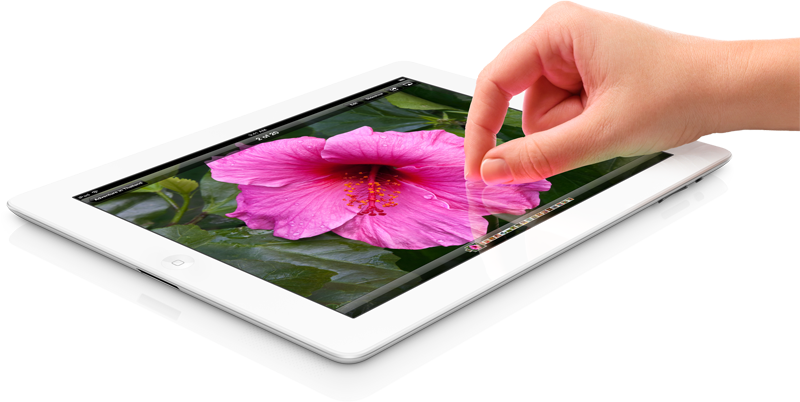Samsung sues Australia's patent commissioner to hinder Apple patent case
Samsung apparently sued the commissioner, and the Australian federal government by extension, in May for granting Apple four patents involving iOS, and seeks to invalidate the properties before the case enters its final hearings phase scheduled to begin this summer, reports Australia's iTnews.
Central to the Galaxy maker's argument are Australian patent rules that disallow so-called innovation patents from being granted as more stable standard patents. The law is meant to keep the patent system from granting duplicate patent filings.
Innovation patents, which are used short-term to protect products that represent small advances to existing technology, are easier obtain and as such offer a short eight year period of validity. The standard-type patent lasts for 20 years and is usually sought for tech invented after substantial research and development that is expected to have a longer commercial life.
Under Australian law, an innovation patent filing can only be converted to standard-type patent before it is accepted. Samsung argues that Apple's four standard patents were granted ultra vires, or beyond the power of the Australian patent commissioner as they were already given innovation-type protection.
Apple's patents in question:
2006330724 - Unlocking a device by performing gestures on an unlock image (Granted April 1, 2010)
2007283771 - Portable electronic device for photo management (Granted May 20, 2010)
2008201540 - List scrolling and document translation, scaling, and rotation on a touch-screen display (Granted February 11, 2010)
2009200366 - List scrolling and document translation, scaling, and rotation on a touch screen display (Granted July 23, 2009)
Samsung is likely looking to invalidate the broad-reaching claims of Apple's ongoing battle to ban sales of the Galaxy Tab 10.1, which initially won a preliminary injunction in October 2011. The ruling was later overturned a month later, but the trial continues with final hearings set to be held between July and October.
It remains unclear whether the duplicate patents will affect Apple's stance in the trial, though that largely depends on who is to blame. According to patent lawyer Mark Summerfield, the iPad maker's filing for an innovation patent ahead of a standard-type patent is normal and can be defended in court as long as duplication is proven to be the fault of the patent commissioner.
"Technically, the patents should not have been granted, so there is a legitimate case for review," Summerfield said. "On the other hand, the consequences for Apple are fairly harsh ... I think the court will consider itself to have considerable discretion in determining what the legislative intent was in a case like this."
The commissioner will be represented by the Australian Government solicitor in a separate case currently earmarked to take place on June 25. Summerfield sees the hearing ending before Apple and Samsung are scheduled to meet, though the implications to the July proceedings are unknown.
Apple and Samsung are embroiled in an international patent dispute over a number of devices and technology patents that now spans across 10 countries. Most recently Apple filed for a restraining order against the Galaxy S III after the company attempted to enjoin the device with an ongoing California patent suit involving the Galaxy Nexus. The iPhone maker is looking to stop Samsung's smartphone from entering U.S. borders before the handset's scheduled June 21 launch date.
 Mikey Campbell
Mikey Campbell











 Charles Martin
Charles Martin
 Malcolm Owen
Malcolm Owen
 William Gallagher and Mike Wuerthele
William Gallagher and Mike Wuerthele
 Christine McKee
Christine McKee
 William Gallagher
William Gallagher

 Marko Zivkovic
Marko Zivkovic








